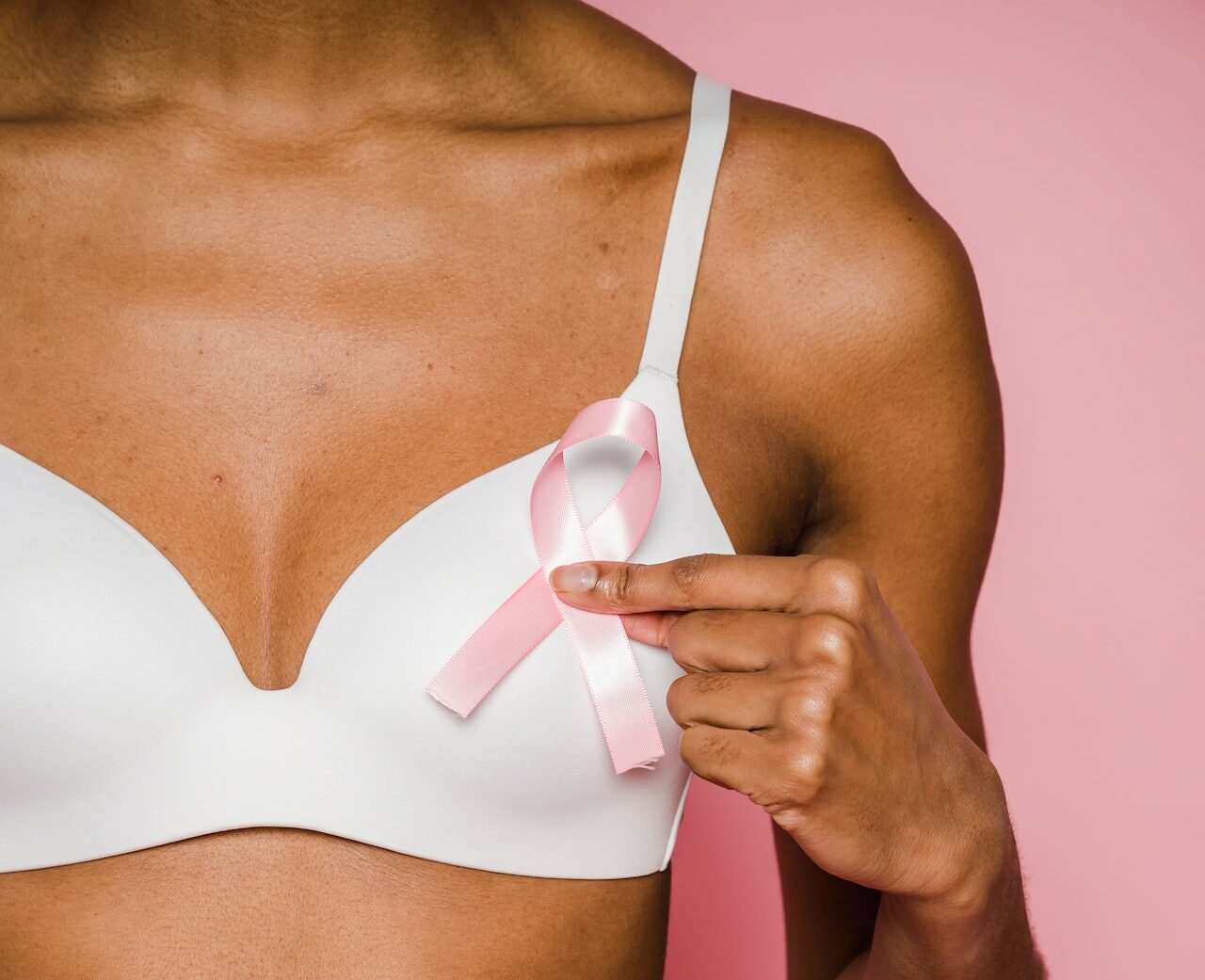
In a recent breakthrough coinciding with Breast Cancer Awareness Month, the University of Bristol has introduced a robot designed to conduct breast lump examinations. Equipped with five silicone levers comparable to human fingers, the robot can detect abnormalities in a woman’s breast that warrant further review.
While the awareness campaign is especially highlighted every October, the push to get women to monitor their breast area regularly remains ongoing. The introduction of the robot would not only help promote this message but make it easier for women who often forget or feel unsure of what to look for exactly.
This advanced technology, however, is still in the early stages of development as part of project ARTEMIS, funded by Cancer Research UK. The scientists behind the project aim to have women be test participants for the robot’s accurate application within the next three years. If the robot proves efficient, its incorporation into stores and other facilities globally would be the ideal rollout.
“If this robot is found in further trials to be useful, we would aim to see it in shopping centers, pharmacists, and health centers, so women could pop in and get a rapid breast check,” shared George Jenkinson, an engineer on the project.
Currently, the robot has been tested using breast-like silicone objects to ensure they can cover the entirety of a woman’s bosom. It detects lumps within 10 minutes that are deeper within the skin’s surface than normally felt in an average human screening. The cost of creating the mechanical device is also a positive, only costing 200 euros ($210) to produce, with additional plans to make the test even quicker.
The robot’s implementation globally would potentially aid more disproportionately affected groups, such as Black women, in identifying their risk earlier. More aggressive forms of the disease are primarily found in Black female patients, as this year’s advocacy continues to promote equity in its awareness.
While its results are promising, human testing is still needed to ensure its viability for widespread use. Still, it remains an optimal source for a stand-alone device to promote more frequent breast cancer check-ups.
RELATED CONTENT: Georgia Black Women Highlighted During Breast Cancer Awareness Month





